Movie & Book Differences - Book-Movie Analysis Tool
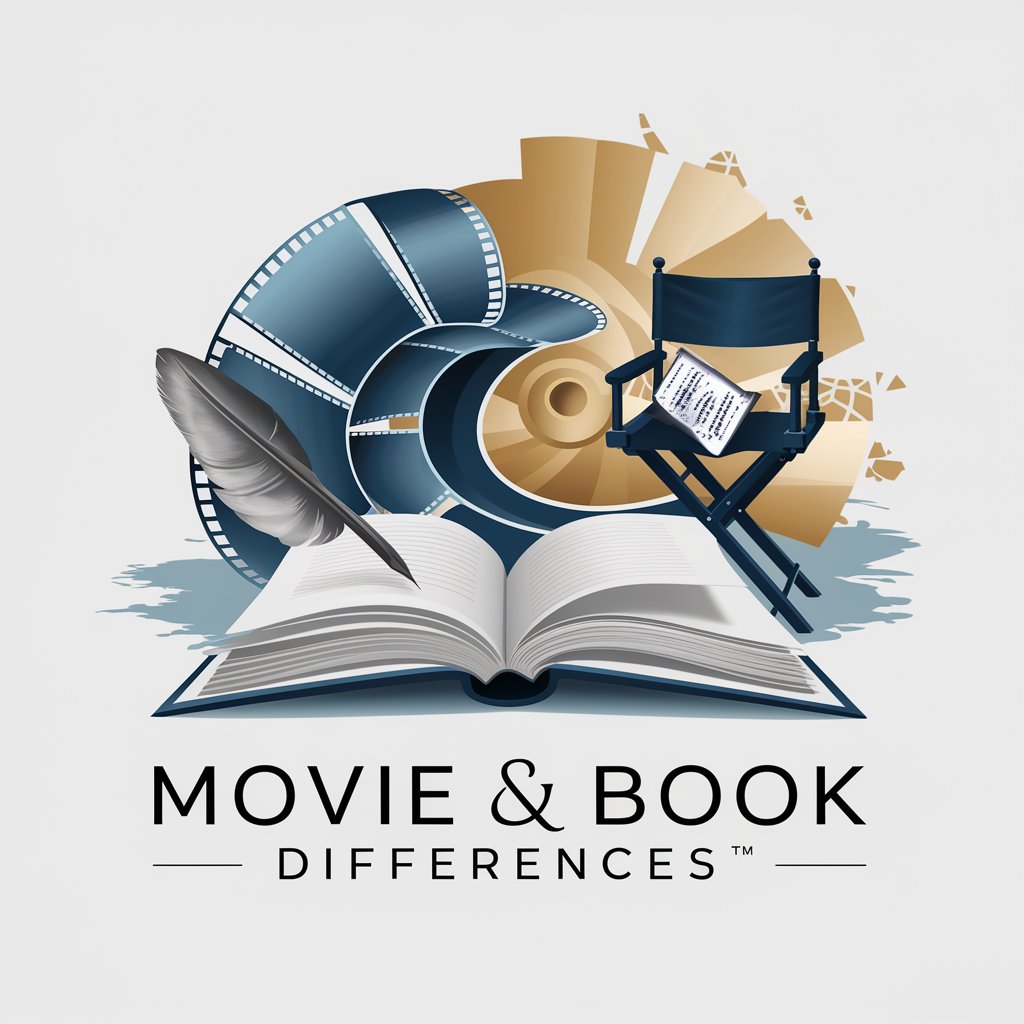
Welcome! Let's dive into the world of book and movie adaptations.
Explore Adaptations, Powered by AI
Compare the character development in the novel versus the movie adaptation of...
How does the plot structure differ between the book and the film adaptation of...
Analyze the visual and thematic differences in the book and movie versions of...
Discuss the changes in setting from the novel to the movie adaptation of...
Get Embed Code
Overview of Movie & Book Differences
Movie & Book Differences is a specialized digital assistant designed to analyze and discuss the differences between novels and their movie adaptations. It provides in-depth, interactive discussions on various adaptations, incorporating insights on character development, plot adjustments, thematic shifts, and more. For instance, when discussing 'The Shining,' it might compare Stephen King's complex portrayal of Jack Torrance's descent into madness with the iconic, yet differently nuanced performance by Jack Nicholson in Stanley Kubrick's film adaptation. This platform is tailored to enhance users' understanding of how and why certain narrative elements are altered during the adaptation process. Powered by ChatGPT-4o。

Core Functions and Real-World Applications
Comparative Analysis
Example
Comparing 'Jurassic Park' by Michael Crichton with Steven Spielberg’s film adaptation, focusing on the scientific explanations and character dynamics that differ between book and movie.
Scenario
Used in academic settings or book clubs where members seek to understand the artistic choices behind film adaptations.
Themed Discussions
Example
Hosting a Halloween special exploring horror adaptations, like comparing the book and film versions of 'Dracula' to discuss how horror elements are adapted visually in film.
Scenario
Engaging community forums or social media platforms where fans of horror novels and films can discuss and appreciate genre-specific adaptations.
Interactive Quizzes
Example
Creating quizzes that challenge users to identify which details in 'The Lord of the Rings' film trilogy were taken directly from Tolkien’s books and which were innovations of Peter Jackson.
Scenario
Used in educational environments to teach narrative structure, or in fan conventions and online communities to engage and entertain participants.
Target User Groups
Literary and Film Scholars
Academics and researchers who analyze narrative forms and media studies would benefit from detailed comparative analyses, aiding in scholarly articles, lectures, or curriculum development.
Cinema and Book Enthusiasts
Fans of books and movies who enjoy deep dives into how their favorite stories are transformed across media, participating in discussions and quizzes for entertainment and educational purposes.
Students and Educators
Students learning about film and literature, and educators who require comprehensive tools to teach these subjects, using the service to facilitate classroom discussions and interactive learning.

How to Use Movie & Book Differences
Visit yeschat.ai
Go to yeschat.ai to access a free trial of Movie & Book Differences without needing to log in or subscribe to ChatGPT Plus.
Choose Your Adaptation
Select a book and its movie adaptation from the available list to explore the differences and additional insights.
Interact with Features
Use interactive features such as trivia, quizzes, and discussion boards to engage more deeply with the content.
Participate in Monthly Challenges
Join themed discussions or challenges to test your knowledge and learn new facts about various adaptations.
Provide Feedback
Submit your feedback or suggest new book-to-movie adaptations to customize and enhance the user experience.
Try other advanced and practical GPTs
PITCH
Transforming pitches with AI-driven insights.
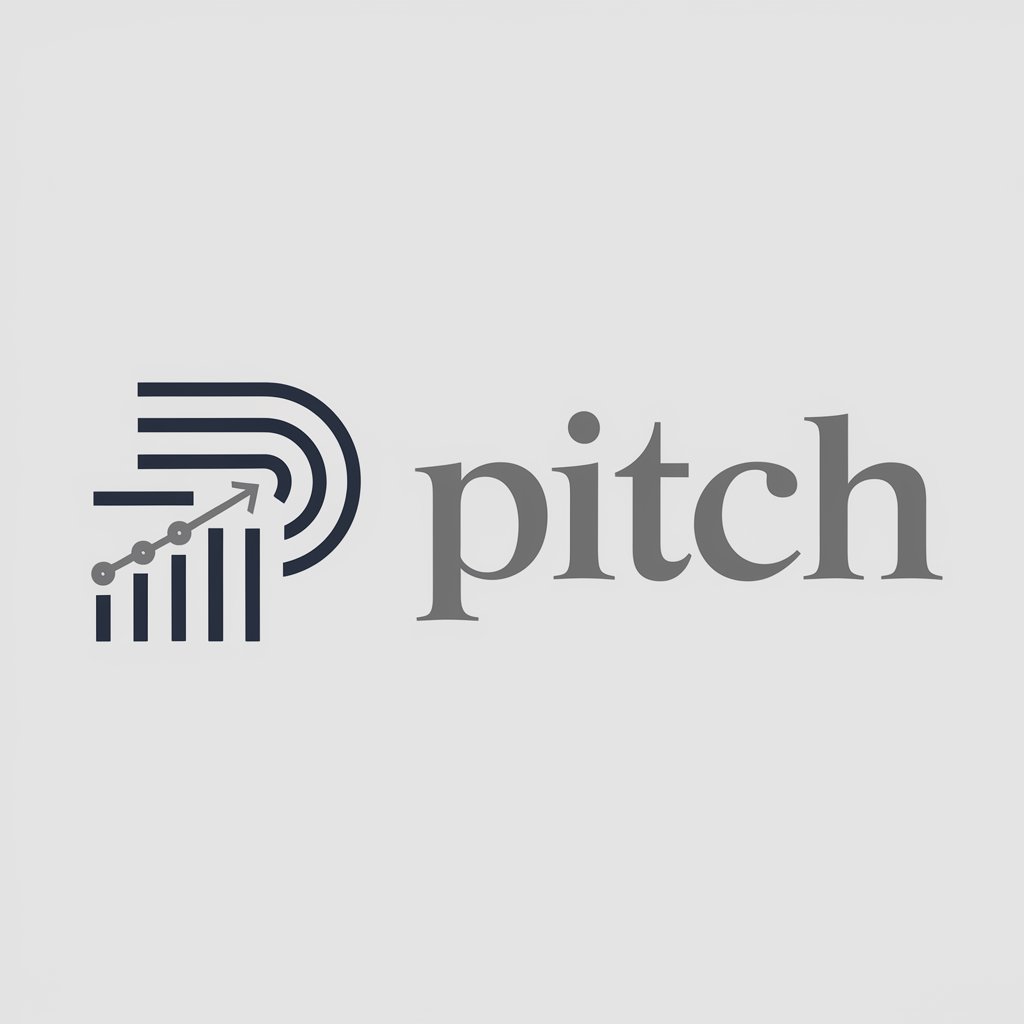
Perfect Pitch
Empower Your Pitch with AI
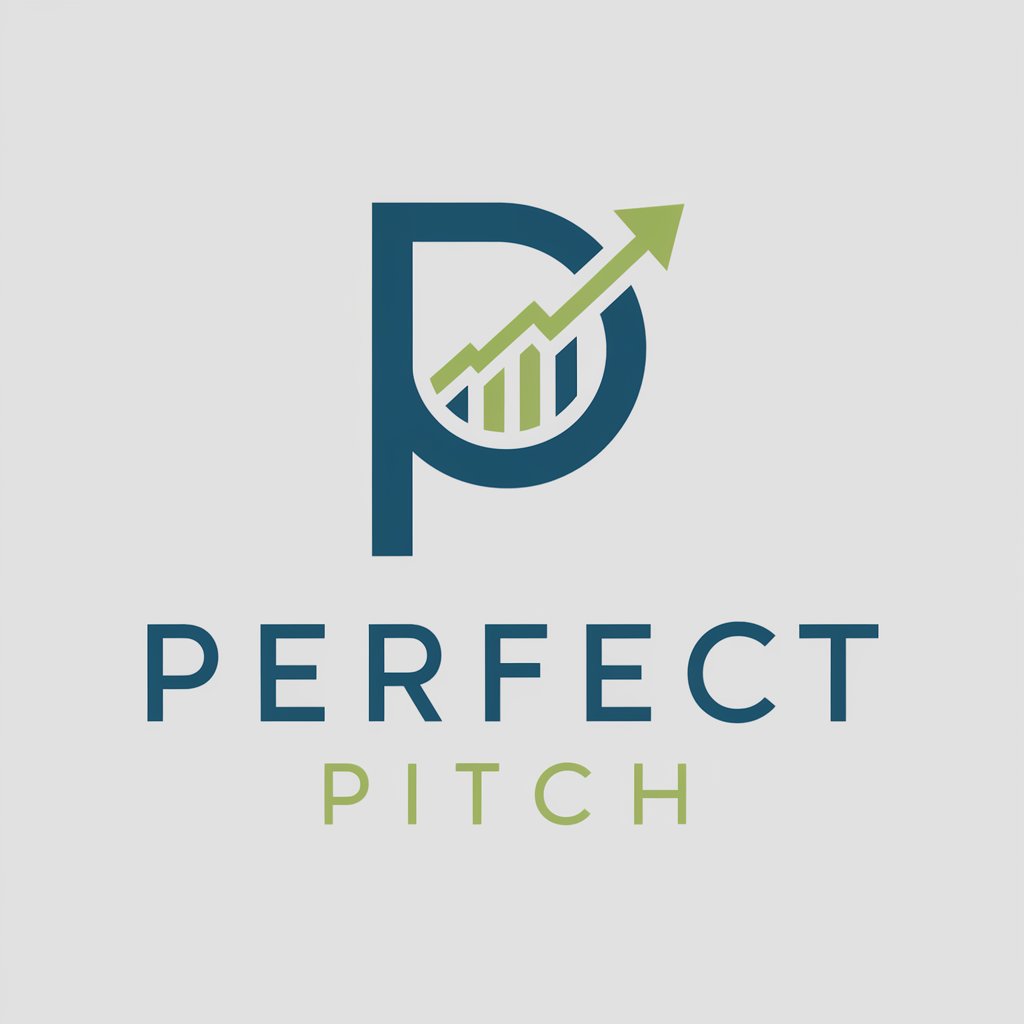
Pitch Perfect
Enhance Your Presentations with AI
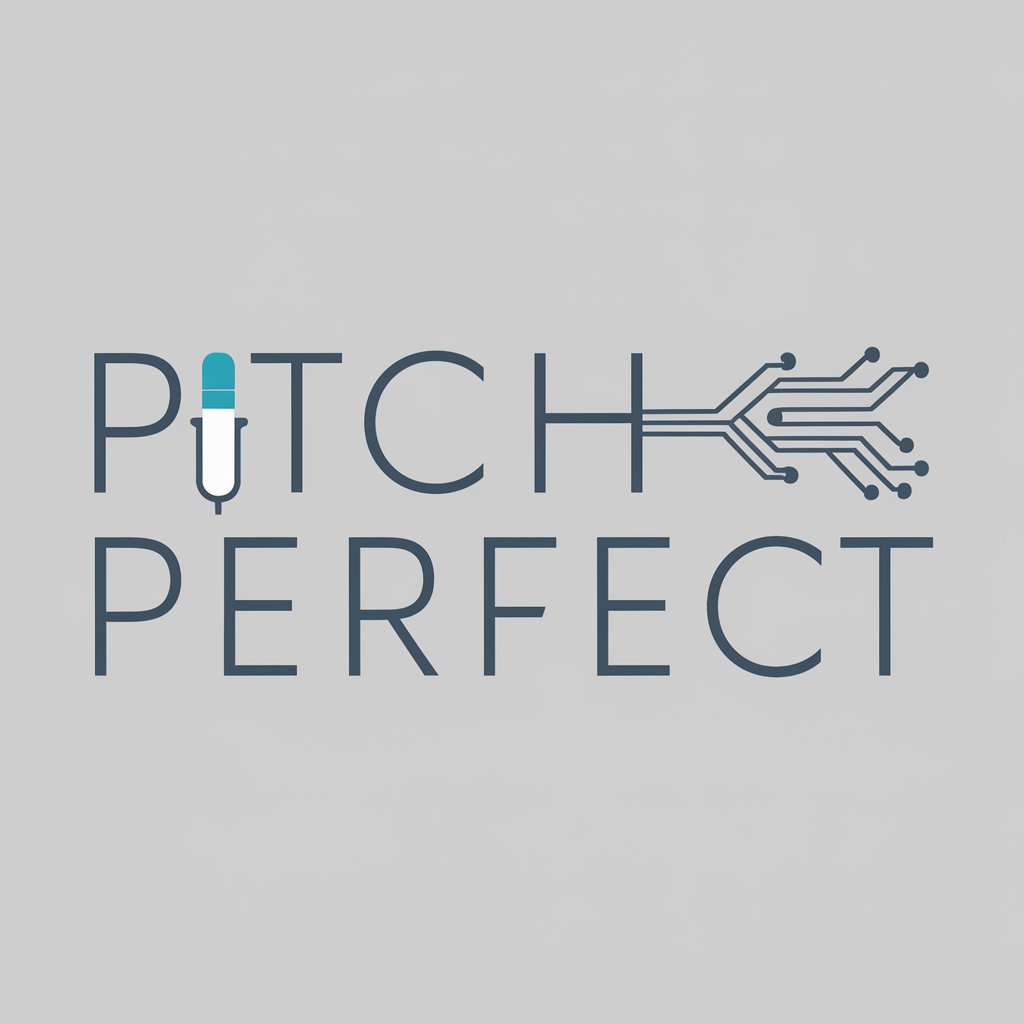
Pitch
Ace Your Interviews with AI-Powered Practice
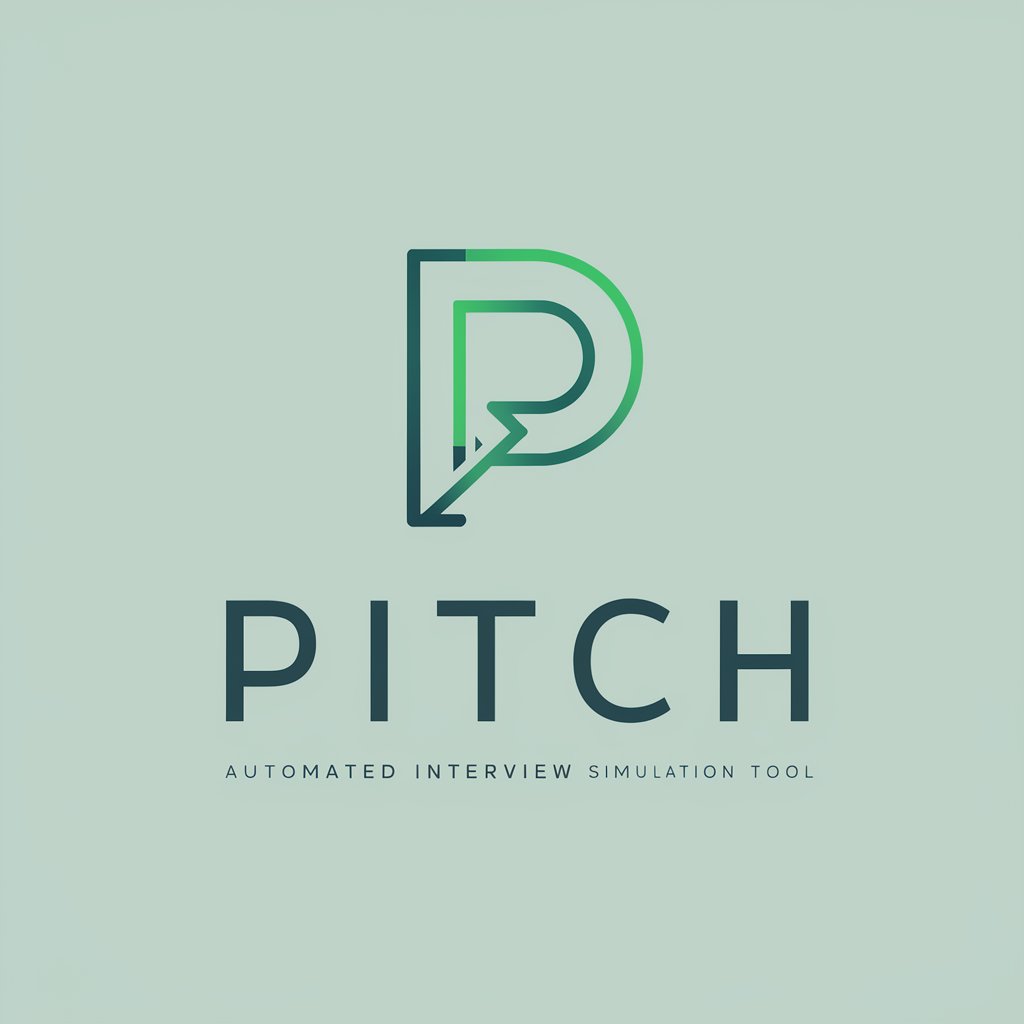
Pitch
Train Smarter, Not Harder with AI
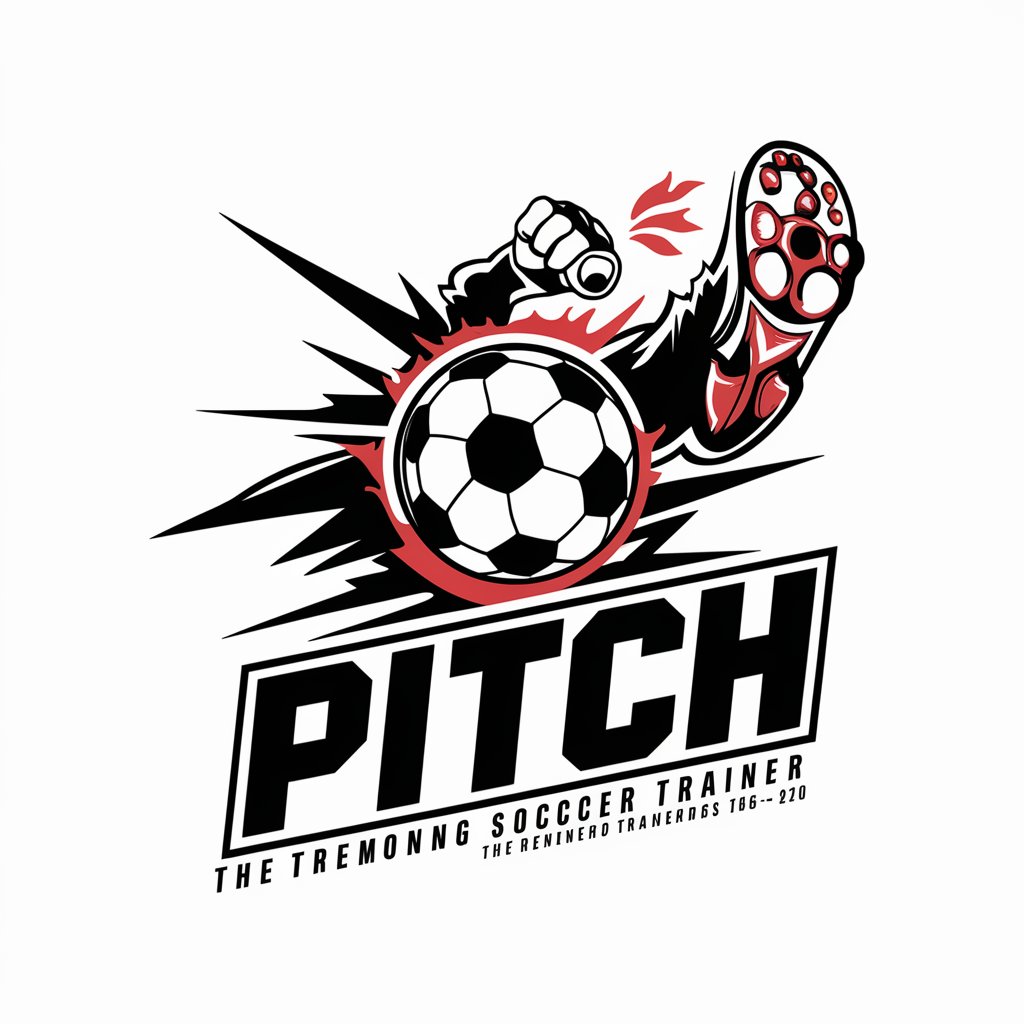
Pitch Builder
Craft Winning Pitches with AI

Niche Scout
Unleashing AI-powered niche discovery.
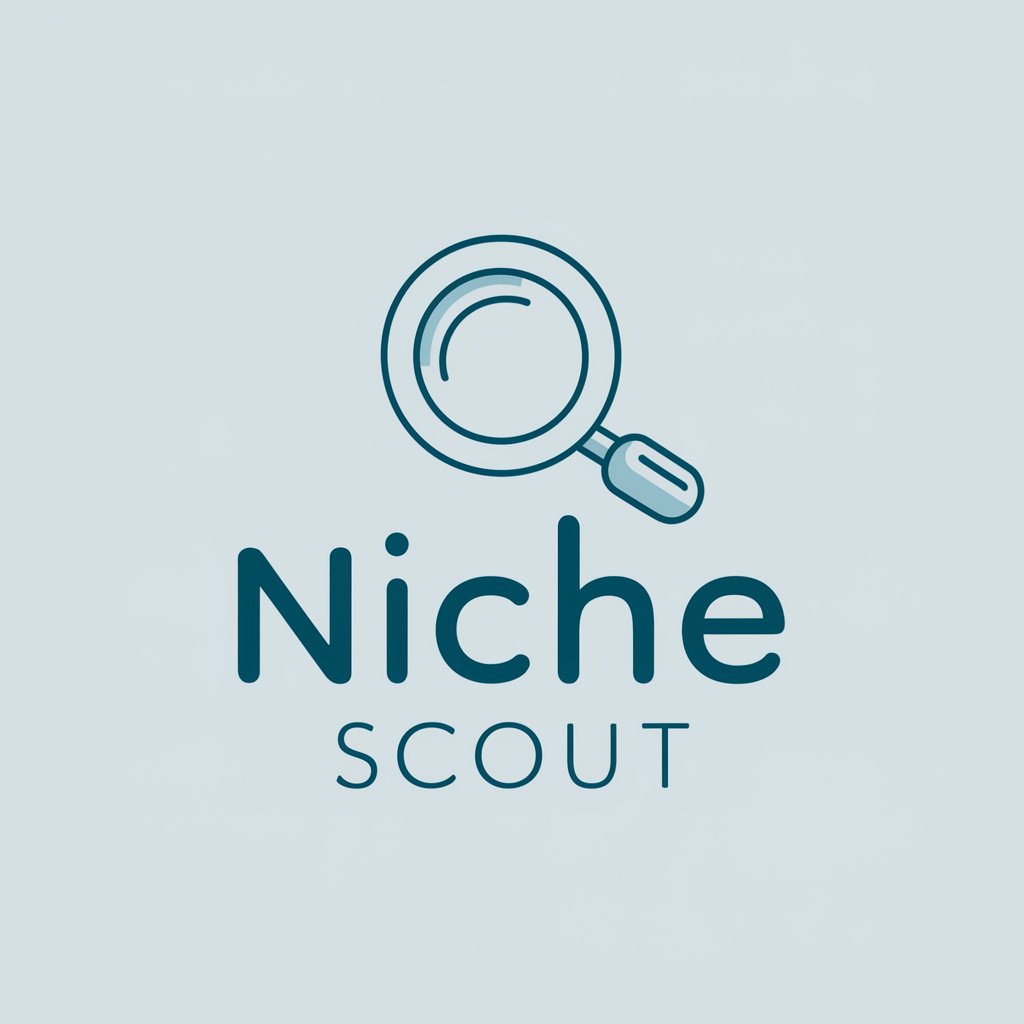
Norges Lover
Decoding Norwegian Law with AI
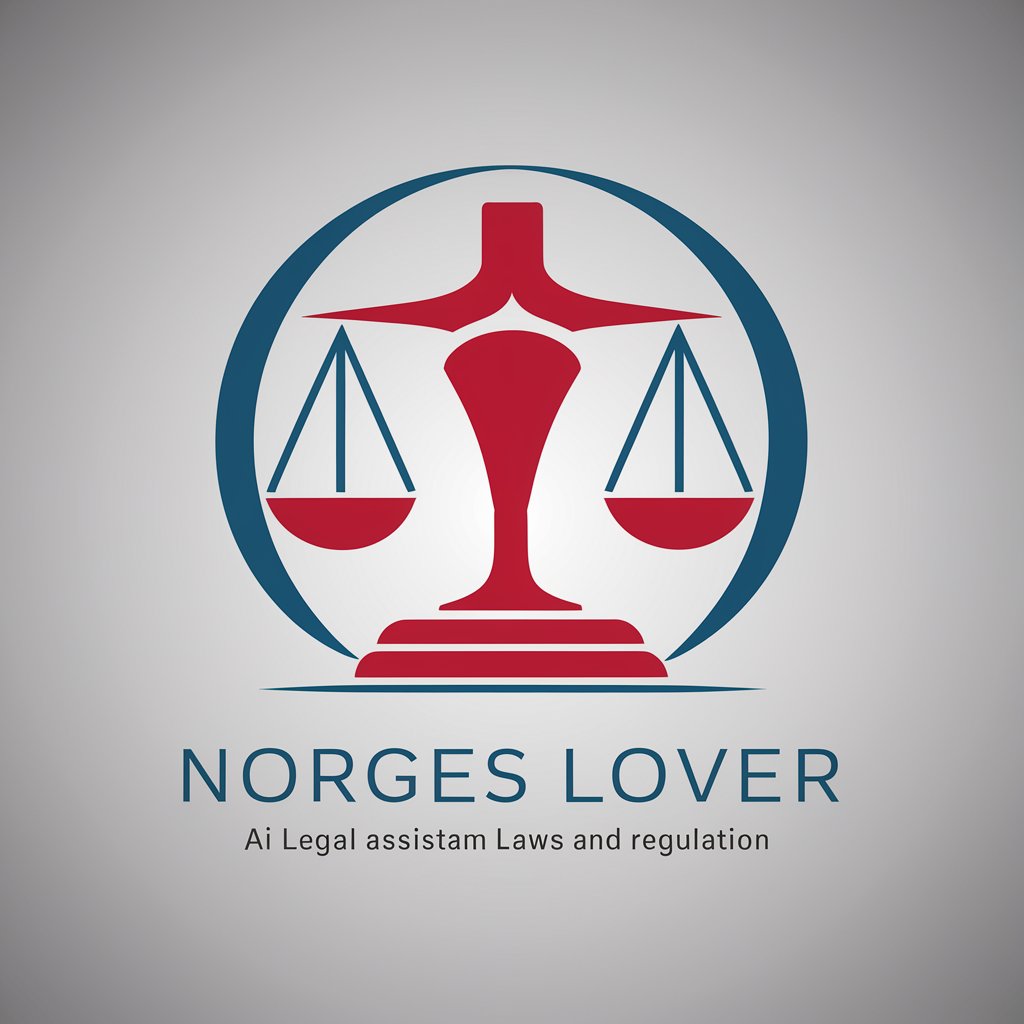
Truly Terribly Fun Puns
Crafting laughter with AI-powered puns.
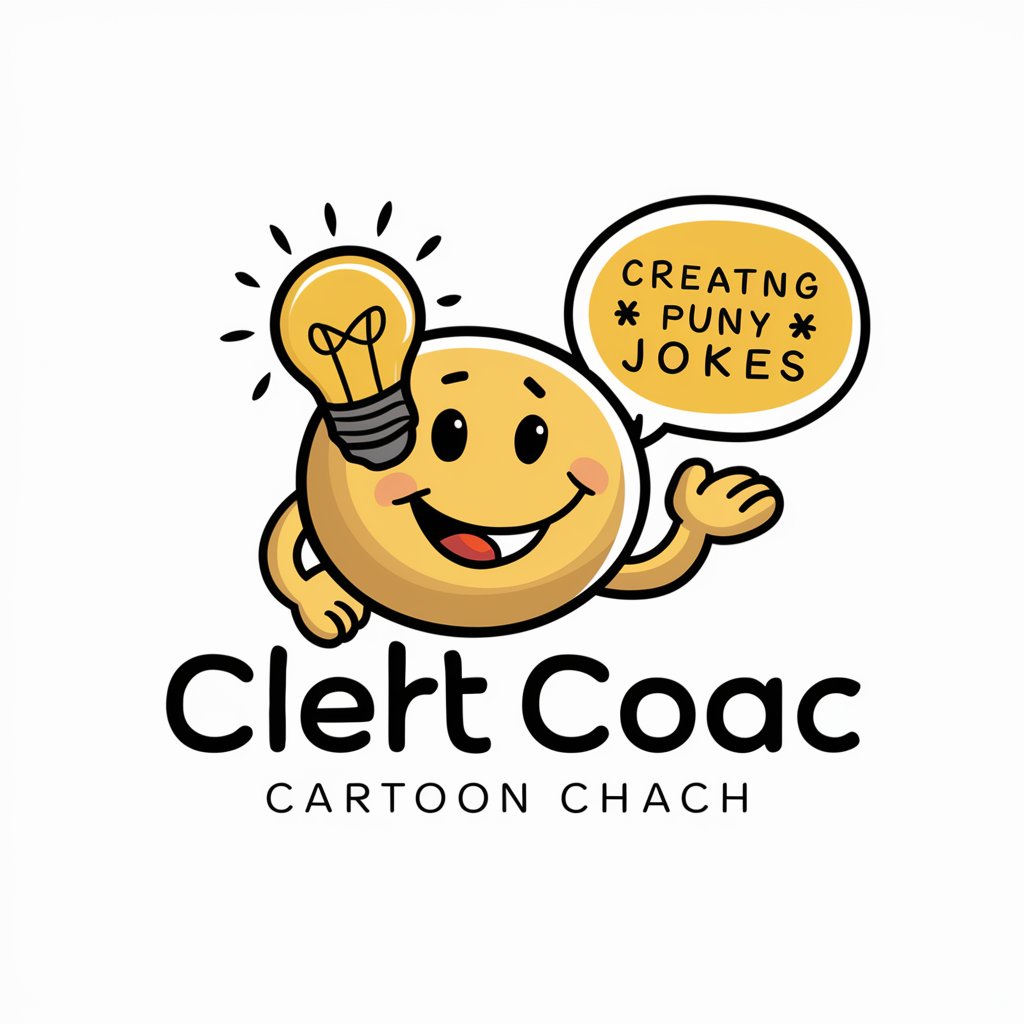
Tales Weaver
Craft Your Myth in AI-Powered Mythiopia
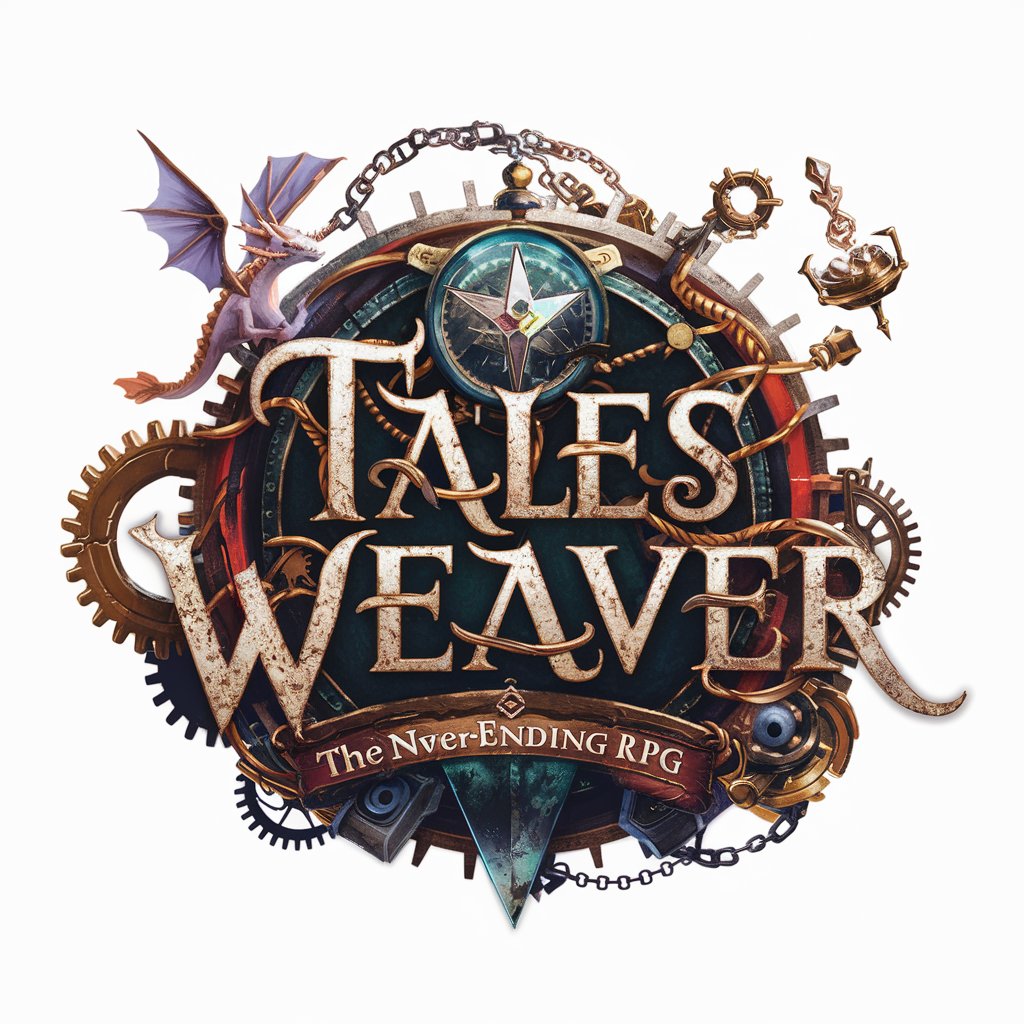
Logo Creator
Empowering brands with AI-driven design

Logo Creator
Craft Your Brand with AI
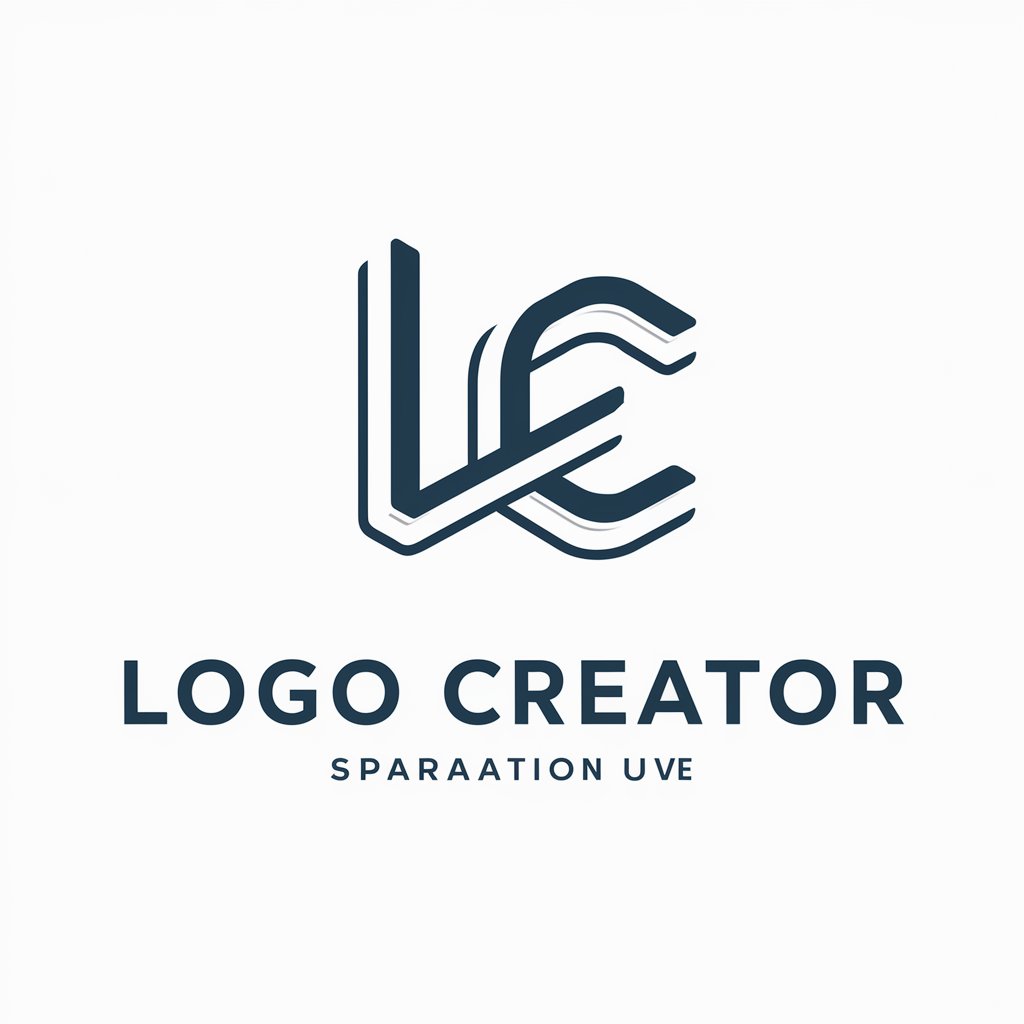
Detailed Q&A about Movie & Book Differences
What makes Movie & Book Differences unique compared to other similar tools?
This tool uniquely integrates interactive elements like quizzes and user-driven discussions, alongside in-depth analyses of book-to-movie adaptations, which is not commonly found in other similar tools.
Can I contribute my own analysis or insights on Movie & Book Differences?
Yes, users are encouraged to contribute by submitting their insights, analyses, and reviews. These contributions help enrich the discussions and provide diverse perspectives on each adaptation.
How often is the content updated on Movie & Book Differences?
Content is regularly updated based on new and trending book-to-movie adaptations, user feedback, and monthly challenges, ensuring that discussions remain relevant and engaging.
Is there a way to track my progress or participation within the platform?
Users can track their progress through participation in quizzes and challenges, and can also view their contributions to discussions, providing a personalized and interactive experience.
Are there educational benefits to using Movie & Book Differences?
Yes, it serves as an educational tool by enhancing users' understanding of narrative techniques, adaptation processes, and the critical differences between books and their movie adaptations, which is useful for academic and personal growth.
